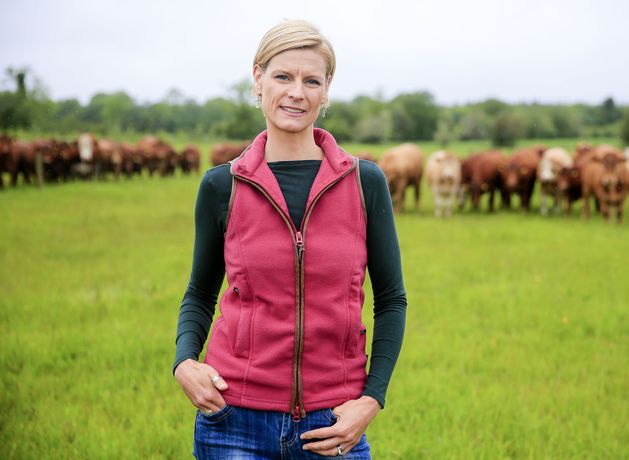The nutrient value of everything from carrots to spinach has declined significantly since the adoption of intensive farming practices after WW2. That is a fact
Mounting evidence shows that many of today’s whole foods aren't as packed with vitamins and nutrients as they were 70 years ago, potentially putting people's...

www.nationalgeographic.co.uk
"Scientists say that the root of the problem lies in modern agricultural processes that increase crop yields but disturb soil health. These include irrigation, fertilisation, and harvesting methods that also disrupt essential interactions between plants and soil fungi, which reduces absorption of nutrients from the soil."
Obviously going back to majority organic would not be wise thing to do overnight - but neither is it sustainable to keep upping chemical inputs like the ubiquitous use of Roundup, Chemical N etc. that are know disrupters of essential soil biology. The power of companies like Bayer and Monsanto is a cause of concern in this space given their lobbying power in Brussels via Big Agri Business who have little concern for the average farmer or consumer in thier race for ever bigger corporate profits. Thats why the latters domination of the GMO space is off such concern as it has resulted in even heavier chemical inputs in countries that have gone down that route
I think there’s a good share of truth in what you’re saying.
Increased yields are more than likely diluting nutrient content in some cases, protein content in malting barley or milling wheat would be a prime example.
As for soil fungi being disturbed and that leading to reduced nutrient content, perhaps but I couldn’t say, it’s probably minor enough.
Corporates are interested primarily in one thing - profit, no doubt about that regardless of what they say.
From an individual farmers profit point of view, organic can be good, especially on less productive land. I have an in law going into it. The land in question would be very marginal and he has a young family to educate and I think he’s definitely doing the right thing for him, I’d do it too.
I do think however that science is the solution to future food production, not stepping back into organic as a means of producing a significant proportion of the world’s food.
If these scientific advances mean less agrochemicals all the better.
The current gene editing discussions would be a case in point. This is the kind of technology that is needed and it doesn’t have to be solely in the hands of the corporates.
From what I know from reading and speaking to breeders, GE isn’t a silver bullet but it is certainly a way of needing less chemicals for disease and pest control, it can improve nutrient content and potentially improve nitrogen use efficiency.
Yet, the organic lobby in Europe are against this technology; go figure…..(could it be perhaps that if conventional food can be produced with less synthetic chemicals, consumers might not bother with organic…?)






